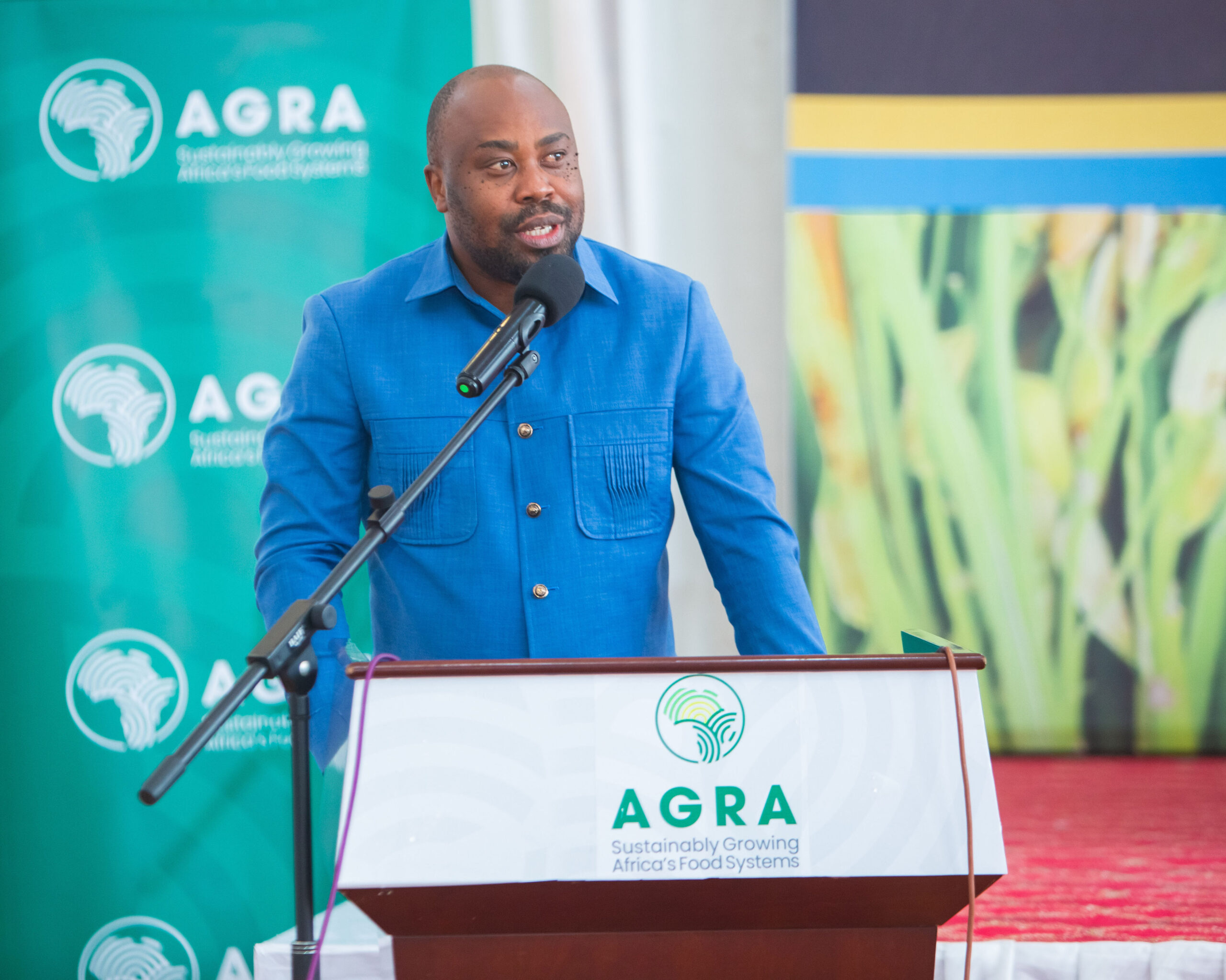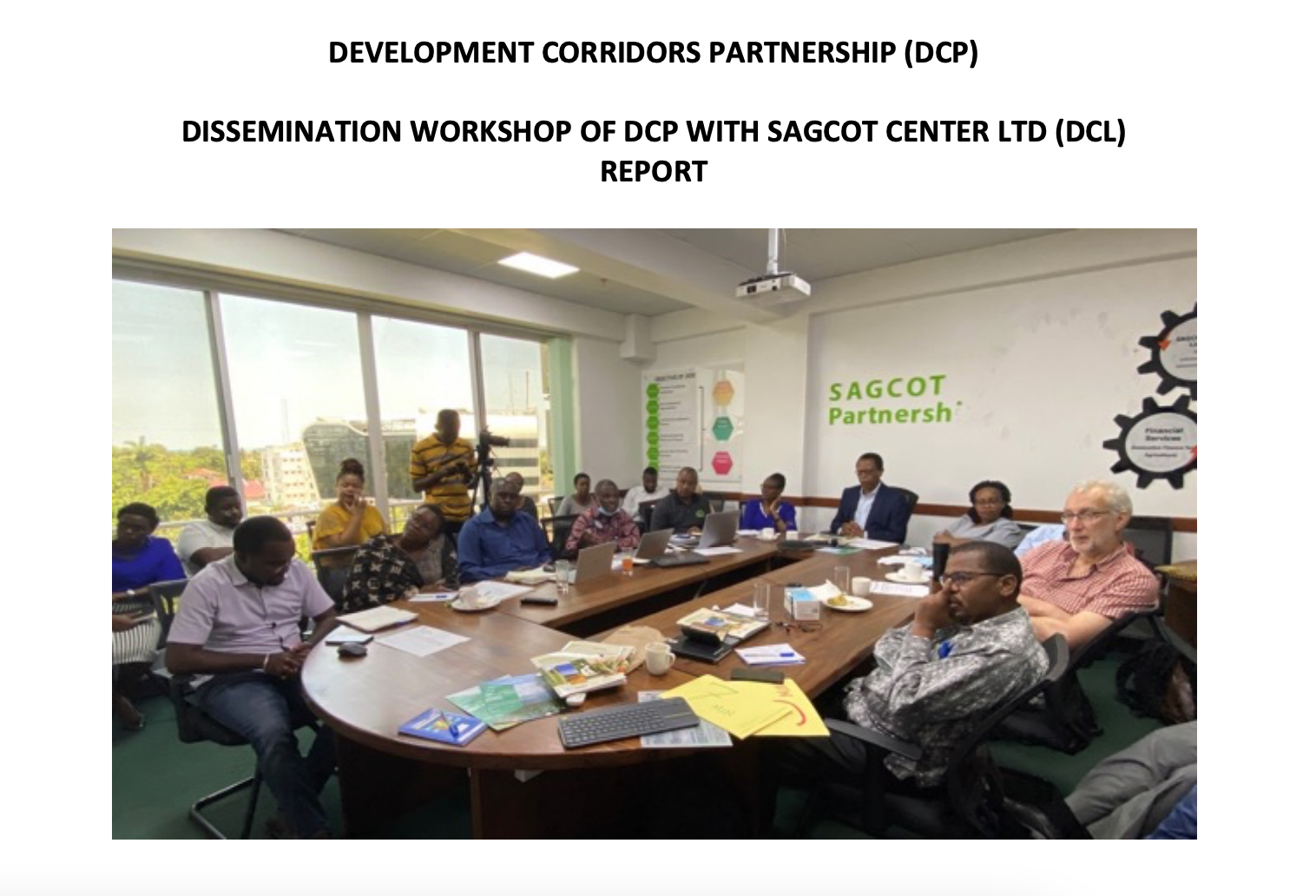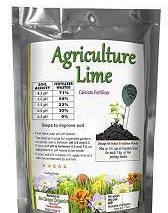Tanzania’s Agricultural Renaissance: A Response to “A New Wave of Land Grabs Strikes Tanzania”
Elizabeth Shumbusho, Kilimokwanza.org
Three online agriculture media outlets, supported by the U.S.-based Oakland Institute, have published an article that casts a negative view of Tanzania and its citizens, a portrayal which I consider to be highly inaccurate and potentially damaging to smallholder farmers in Tanzania. The original article was posted on GRAIN.org and was subsequently picked up by https://www.farmlandgrab.org and https://viacampesina.org.
In early February 2024, these platforms published an article titled “A New Wave of Land Grabs Strikes Tanzania.” The piece criticizes the allocation of land for large-scale agribusiness projects, labeling them as “land grabs.” This characterization fails to acknowledge the broader context of economic development and agricultural modernization in Tanzania.
Tanzania’s agricultural sector, like many across Africa, faces significant challenges, including outdated farming techniques, limited access to quality inputs, and inadequate infrastructure. The government’s efforts, supported by initiatives like SAGCOT, aim to modernize agriculture, enhance productivity, and stimulate economic growth. This modernization is not solely for export crops but also aims to improve food security and local supply chains, benefiting the entire Tanzanian populace.
In the discourse, Tanzania’s agricultural development strategies have been scrutinized, with claims suggesting a resurgence of ‘land grabs’ detrimental to smallholder farmers and local food security. As representatives of the Southern Agricultural Growth Corridor of Tanzania (SAGCOT), it’s crucial to dissect these allegations, offering a narrative grounded in evidence, progress, and a deep commitment to sustainable development.
Historical Context and Strategic Evolution
Tanzania’s journey towards agricultural modernization and economic development has been marked by continuous learning and strategic shifts. From the early days of independence, the country has grappled with the dual challenge of enhancing food security and improving rural livelihoods. The inception of SAGCOT in 2010 represented a paradigm shift towards a more inclusive and sustainable agricultural development model. Contrary to perpetuating a legacy of exploitation, SAGCOT’s mission has been to integrate smallholder farmers into profitable value chains, enhancing their productivity, market access, and resilience.
Debunking the Myth of Land Grabs
The term ‘land grab’ evokes images of dispossession and disenfranchisement. However, this portrayal starkly contrasts with the reality of Tanzania’s agricultural investment landscape. Investments facilitated by SAGCOT are meticulously vetted to ensure alignment with national development objectives, ethical standards, and community benefits. Far from the extractive undertakings implied by critics, these investments are part of a broader strategy to uplift the agricultural sector, ensuring that development is both equitable and sustainable.
Safeguarding Smallholder Farmers and Communities
Central to Tanzania’s agricultural strategy is the protection and empowerment of smallholder farmers and local communities. SAGCOT initiatives are designed with the welfare of these stakeholders at the forefront, ensuring that investments contribute positively to their livelihoods. Through capacity building, access to finance, and technological support, smallholder farmers are being transformed from subsistence agriculture to more profitable, market-oriented production. These efforts are underpinned by robust policies and programs aimed at ensuring fair land use, equitable benefit sharing, and meaningful community engagement.
The Role of Foreign Investment in Local Development
Foreign investment in Tanzania’s agriculture sector is often misunderstood. Rather than a zero-sum game, responsible investment represents a vital source of capital, technology, and expertise. Through strategic partnerships and rigorous regulatory oversight, Tanzania is harnessing these investments to fuel innovation, enhance agricultural productivity, and generate employment. The focus is not solely on export-oriented agriculture but also on bolstering local food systems, thereby strengthening food security and economic resilience.
Challenges, Adaptations, and Successes
Acknowledging and learning from past challenges is a cornerstone of Tanzania’s approach to agricultural development. While not all initiatives have met their objectives, the lessons learned have been invaluable in refining strategies and policies. Today, examples abound of successful agribusiness investments that have catalyzed local development, improved food security, and empowered communities. These success stories underscore the potential of well-conceived investments to create win-win scenarios for investors and local stakeholders alike.
Environmental and Social Safeguards
Environmental sustainability and social inclusivity are non-negotiable pillars of Tanzania’s agricultural development strategy. Stringent environmental impact assessments, community consultations, and comprehensive compensation frameworks ensure that projects are developed with minimal ecological footprint and maximum community benefit. These safeguards are testament to Tanzania’s commitment to preserving its natural heritage and ensuring that development does not come at the expense of environmental integrity or social equity.
A Path Forward
The narrative of a new wave of land grabs in Tanzania obscures the reality of a country making significant strides towards sustainable agricultural development. Through the concerted efforts of the government, SAGCOT, and various stakeholders, Tanzania is charting a course towards a future where agriculture is a source of prosperity, food security, and environmental sustainability. This journey is characterized by an unwavering commitment to learning, adaptation, and the pursuit of policies and practices that benefit all Tanzanians.
The portrayal of Tanzania’s agricultural development as synonymous with land grabs is a mischaracterization that overlooks the nuanced, multifaceted efforts underway to transform the agricultural sector. By fostering responsible investment, protecting the interests of smallholder farmers and communities, and prioritizing environmental and social safeguards, Tanzania is not only rebutting these claims but also demonstrating a viable model for inclusive, sustainable development. As w Tanzania moves forward, discourse surrounding agricultural investment in Tanzania must be informed by facts, grounded in evidence, and reflective of the progress being made towards a more prosperous, food-secure, and resilient future for all Tanzanians.


